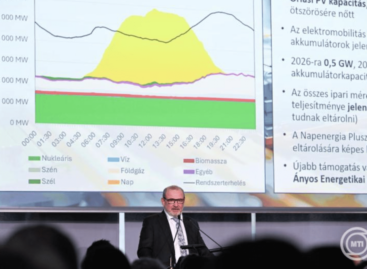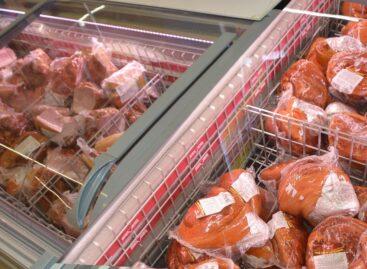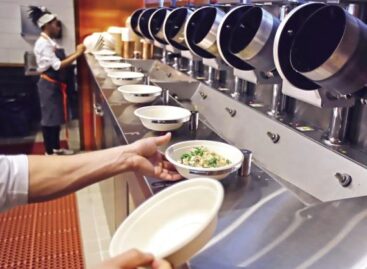Divisive deal: EU import quota for Ukrainian agricultural products increases
The European Union has signed a new agreement with Ukraine that will increase Ukrainian import quotas for several agricultural products – but neither Brussels nor Kiev can claim complete success. The decision will help the eastern neighbor’s economy on the one hand, but will also deepen tensions between EU member states and Ukrainian agricultural market players on the other.
More Ukrainian grain and poultry could arrive
 According to the trade agreement signed at the end of June but still awaiting ratification, the EU has increased the quotas for the following key products:
According to the trade agreement signed at the end of June but still awaiting ratification, the EU has increased the quotas for the following key products:
wheat: from 1 million tonnes to 1.3 million tonnes,
sugar: from 20,000 tonnes to 100,000 tonnes,
barley: from 350,000 tonnes to 450,000 tonnes,
poultry: from 90,000 tonnes to 120,000 tonnes.
The amendment, which affects 40 products, aims to support Ukrainian agriculture, which has been operating under war conditions since 2022. Brussels hopes that the expansion of quotas will make Ukrainian exports to the EU sustainable, while maintaining control over the protection of domestic farmers.
According to Kiev, this is not help, but a step back
However, the Ukrainian Agricultural Interest Group (UCAB) sharply criticized the decision, saying that the current quotas do not even reach the 2024 level. “The current Ukrainian conditions have not changed, while the EU is increasingly conservative towards imports from other countries. This is a step back,” the organization told Reuters. Ukraine is currently the EU’s third-largest agricultural supplier and its largest trading partner.
The Hungarian government also reacted sharply: According to Agriculture Minister István Nagy, “the Brussels deal with Ukraine would ruin farmers behind their backs,” which further relaxes the entry conditions for Ukrainian agricultural products.
Related news
The EU’s 2050 carbon neutrality targets are unrealistic
🎧 Hallgasd a cikket: Lejátszás Szünet Folytatás Leállítás Nyelv: Auto…
Read more >New EU tariffs could arrive in 2026 – this is how they could transform the market
🎧 Hallgasd a cikket: Lejátszás Szünet Folytatás Leállítás Nyelv: Auto…
Read more >Related news
Ham seasons: the bad, the better and the good (?)
🎧 Hallgasd a cikket: Lejátszás Szünet Folytatás Leállítás Nyelv: Auto…
Read more >PwC Global CEO Survey: CEO confidence at a five-year low
🎧 Hallgasd a cikket: Lejátszás Szünet Folytatás Leállítás Nyelv: Auto…
Read more >The Year of the Horse – Culinary trends in 2026
🎧 Hallgasd a cikket: Lejátszás Szünet Folytatás Leállítás Nyelv: Auto…
Read more >







